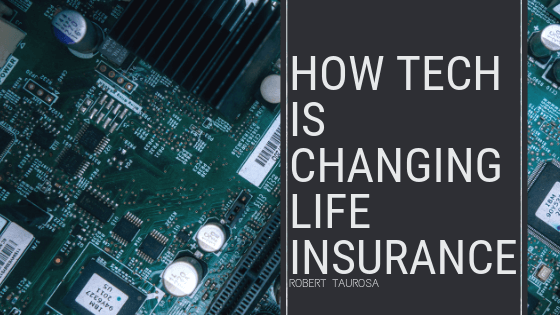The transformation of the insurance industry has happened nearly within the last decade. In 2008, most life insurance policies had to be filled out in an office or received and sent back through fax. Now, barely ten years later, insurance companies without websites and applications online are becoming non-existent. The future of the insurance industry will continue to change with new technologies. Here are three ways technology has already begun to change life insurance:
- Agent Websites – Research studies done by BIA/Kelsey indicate that 97% of consumers go online to research products and services, even locally. If companies lack an agent website, that is properly set-up and easily navigated, they are losing business. Not only does an agent website help a business be found, studies show that sites allow agents to share their story and sell themselves as professionals. 67% of consumers reported that their opinion of a brand is formed in part by the look and feel of their website.
- Social Media – While the internet mainly gets the credit, social media has had a significant impact on brands and businesses. As more people get engaged through social media, the more the trend impacts customer service and branding. One study shows that 95% of adults aged 18-34 follow a brand or organization on social media. By engaging and interacting with the public through different social sites, companies can build strong brands and even relationships with their consumers.
- AI – If there is one thing to know about artificial intelligence, it is that AI is revolutionizing most industries. While the role of AI will be different for different industries, business leaders can determine the best position for AI, leading to improvements within companies that have long been thought to be impossible.
- Reviewing Claims: Using AI to evaluate claims can drastically impact productivity and eliminates emotional subjectivity from the equation. This also makes an agent’s job more manageable as they no longer need to discern whether a client is telling the truth or not, and allows them more time to create positive customer interactions.
- Avoiding Human Error: This will be the rationale for many industries undertaking AI. Bypassing human error (at least regarding life insurance claims) fastens the process and enables companies to focus on creating the best experience possible for their clientele.
- Increasing Efficiency: Human eyes read slower than AI and are more likely to miss important data points. Incorporating AI into the process, life insurance claims documents can be scanned and sorted within minutes, decreasing the need for employees to perform tedious tasks and allows employees to be more innovative and proactive.
